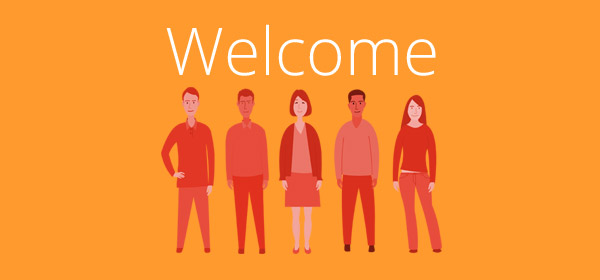
Welcome to this Online Language Learning blog, produced by Net Languages.
The aim of this blog is to provide useful information on effective online language learning to training managers, pedagogical directors, directors of studies, academic directors, programme coordinators, teachers and learners in general.
To do this we will be writing about buzzwords, trends and features of online language learning, drawing on our many years of experience working in this highly specialised and fast-moving area of education.
We’ll be looking at effective exercise and course design as well as writing about key concepts, methodologies and approaches – like flipped classrooms, flash cards and inductive learning – and how they affect the learning experience.
We aim to do this in a practical, concise and informative way.
Read the blog posts to reflect on and learn about online language learning and how it can work for you.








